|
|
|
|
13th COGNO Annual Scientific Meeting (Virtual)
Brain Cancer 2021: Concepts to Cure
Sunday 24th October - Tuesday 26th October 2021
INTERNATIONAL SPEAKERS
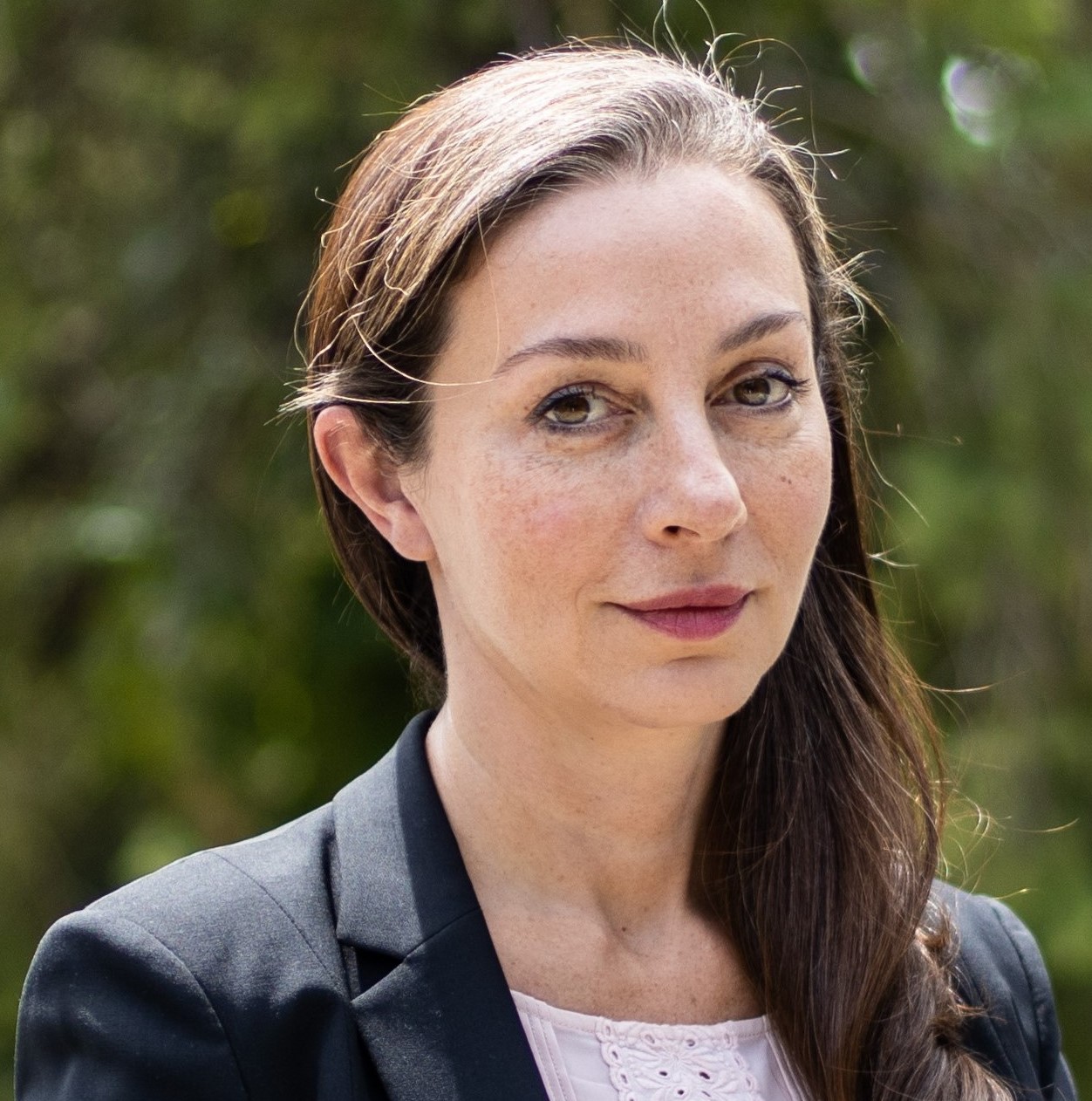 Professor Gelareh Zadeh MD PhD FRCS(C) FAANS Professor Gelareh Zadeh MD PhD FRCS(C) FAANS
Professor at the Department of Surgery, University of Toronto
Head of Neurosurgery, Toronto Western Hospital
Surgical Oncology Lead, Princess Margaret Cancer Center
Senior Scientist, Princess Margaret Cancer Research Institute
Dr Zadeh is Dan Family Chair and Professor of Neurosurgery, University of Toronto and Co-Director for the Krembil Brain Institute at University Health Network. Dr Zadeh runs a translational research program at MacFeeters-Hamilton Neuro-oncology Program and holds the Wilkins Family Brain Tumor Research Chair.
Dr Zadeh has a dedicated neuro-oncology and skull base practice, which includes a number of multidisciplinary specialized programs including a skull base clinic, brain metastases, pituitary clinic, and neurofibromatosis clinics. In parallel, she has an active research laboratory focusing on integrated multi-platform molecular analysis of brain tumors, together with a focus on understanding molecular response to targeted therapies, such as anti-angiogenesis and metabolic inhibitors.
She is also involved in a number of national and international organizations. She is President of Society of Neuro-Oncology (SNO), and the past Chair of Neuro-oncology Committee at the World Federation of Neurological Surgeons, she is the Co-Chair and founder of the International Consortium on Meningiomas (ICOM).
She is the Editor-in-Chief of Neuro-Oncology Advances, open access journal of SNO and EANO.
|
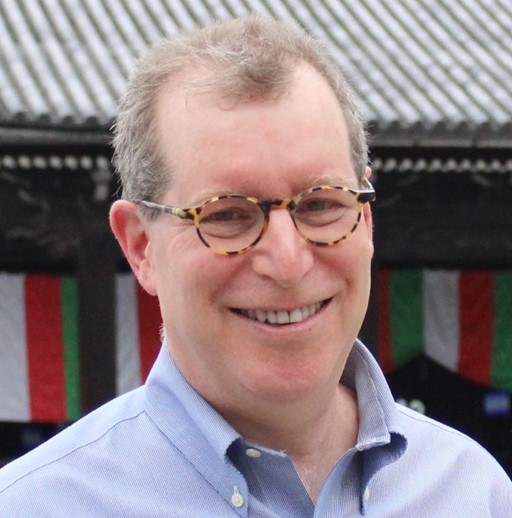 Professor David N. Louis MD Professor David N. Louis MD
Pathologist-in-Chief, Massachusetts General Hospital
Benjamin Castleman Professor of Pathology, Harvard Medical School
Pathology at Massachusetts General Hospital has nearly 100 faculty members, over 100 trainees and over 700 employees, and performs about 15 million laboratory tests as well as 90,000 surgical pathology evaluations, 500,000 microbiology analyses, and 40,000 cytologies each year. Dr Louis' own clinical neuropathology practice and research focuses on brain tumors, with an emphasis on the molecular basis of malignant gliomas and the application of molecular diagnostics to glioma classification. He has published over 300 original articles, as well as numerous reviews, chapters and books. His laboratory was the first to demonstrate that molecular approaches could be used to subdivide malignant gliomas in a biologically relevant manner, and that molecular approaches could be used to predict the response of particular malignant gliomas to specific therapies. This work has contributed to worldwide adoption of molecular testing for the management of patients with these tumors. Dr Louis has received a number of prestigious awards for his work in brain tumors and was an editor of the 2007, 2016 and 2021 World Health Organization Classification of Central Nervous System Tumors.
|
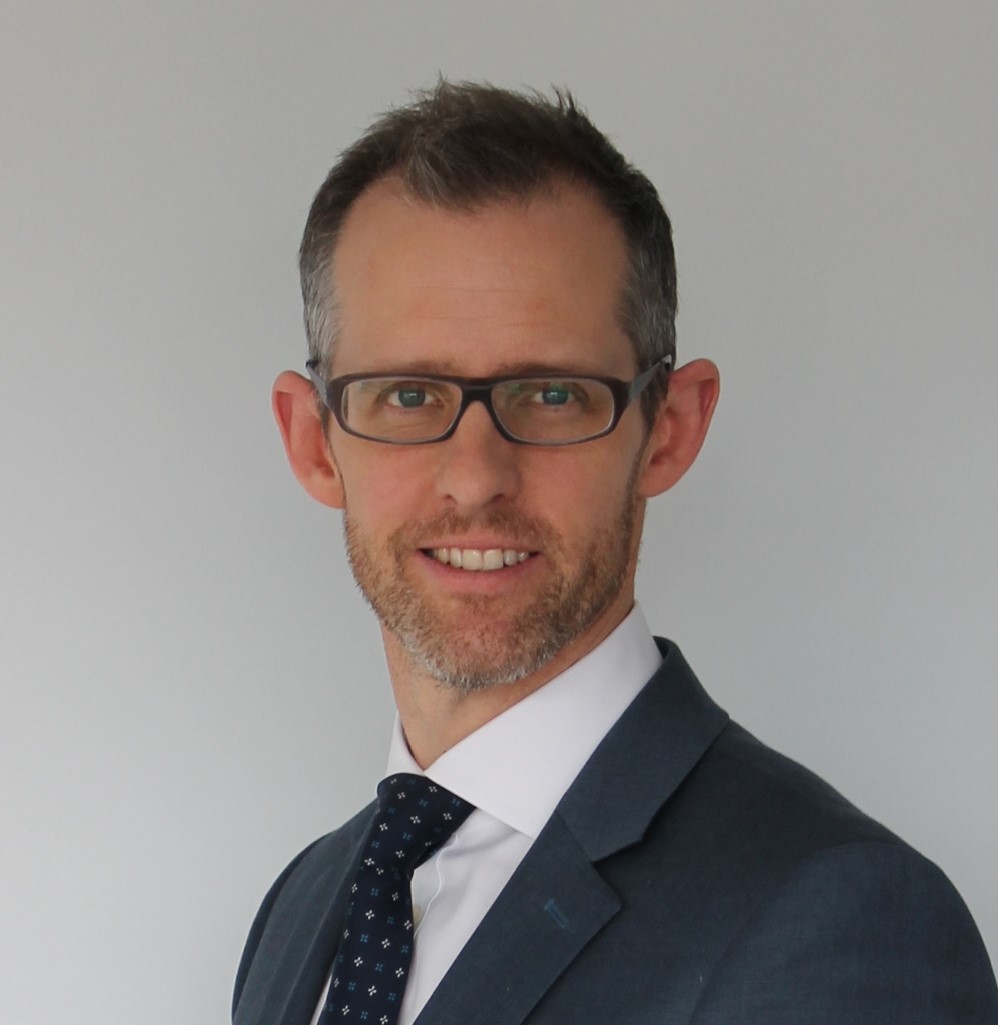 Professor Michael Jenkinson MB ChB PhD FRCSEd Professor Michael Jenkinson MB ChB PhD FRCSEd
Sir John Fisher / RCSEng Chair of Surgical Trials
Professor of Neurosurgery & Honorary Consultant Neurosurgeon,
University of Liverpool and Walton Centre NHS Foundation Trust
Professor Jenkinson chairs the National Cancer Research Institute Brain Tumour Group, the Academic Committee of the Society of British Neurological Surgeons and is a member of Specialised Cancer Surgery CRG.
His research interests include meningioma and cerebral metastasis, and clinical studies on quality of life in brain tumours. He is the chief investigator for the international, multi-centre ROAM-1308 trial (Radiation versus Observation following surgical resection of Atypical Meningioma), the KEATING trial (Ketogenic Diet in Glioma) and STOP ‘EM (Surgeons Trial Of Prophylaxis for Epilepsy in Meningioma).
|
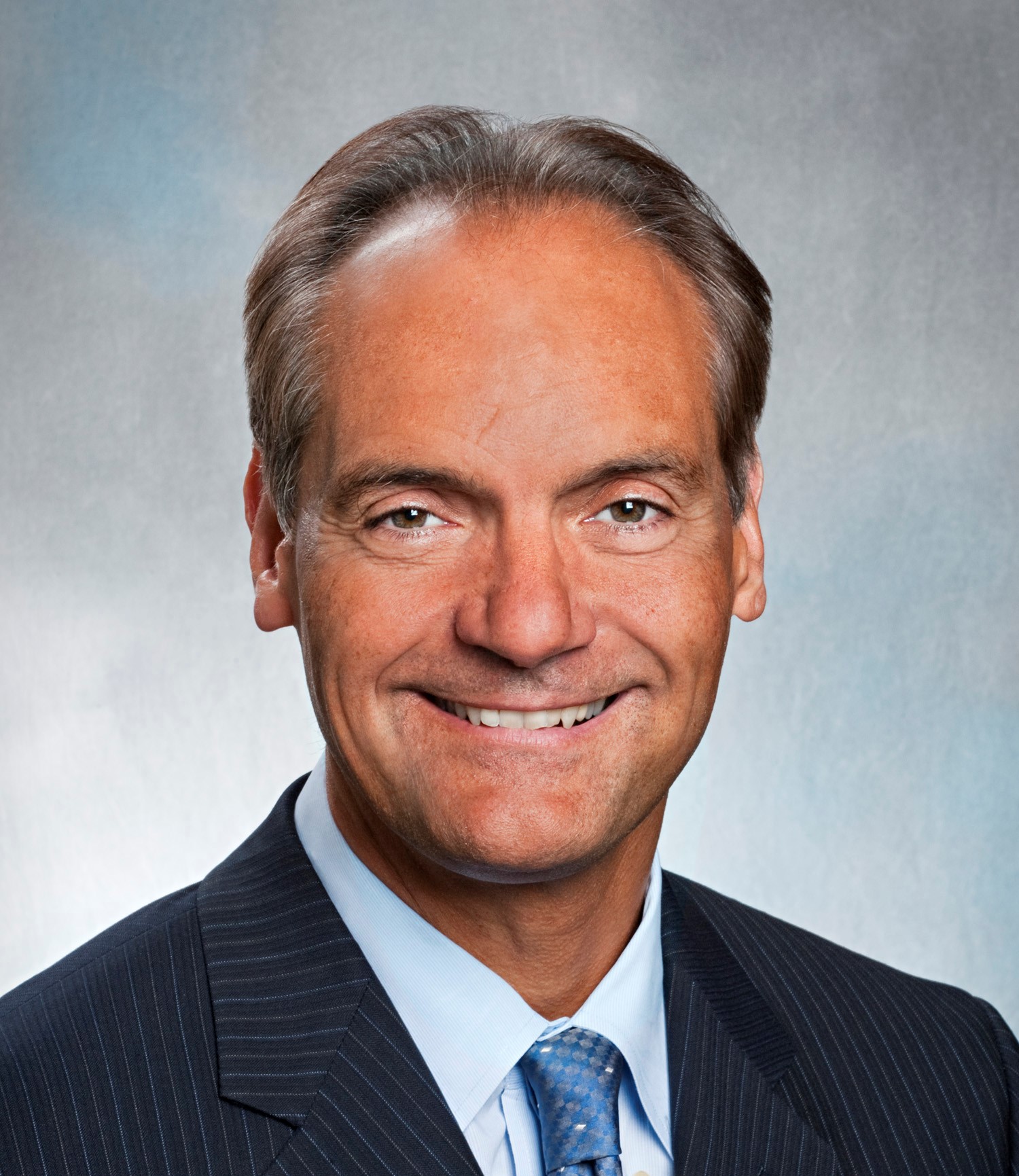 Professor Nino Chiocca MD PhD FAANS Professor Nino Chiocca MD PhD FAANS
Harvey W. Cushing Professor of Neurosurgery, Harvard Medical School
Neurosurgeon-in-Chief and Chairman, Department of Neurosurgery, & Co-Director, Institute for the Neurosciences, Brigham and Women's Hospital
Surgical Director, Center for Neuro-oncology, Dana-Farber Cancer Institute
Professor Chiocca was born in the city of Padova in northeastern Italy on November 15, 1959, where he was raised. His father was in the Italian air force and then worked for NATO, while his mother is a US citizen originally from Yonkers (NY). In 1979, he moved with his parents to El Paso, TX where his father was stationed at Ft. Bliss. He attended college at the University of Texas at El Paso, where he graduated with a BS in 1982. His interest in biomedical research was solidified by an undergraduate research project that he attended at MD Anderson Hospital in the summer of 1981. In fact, he entered the MD/PhD program offered by the University of Texas Medical School at Houston and the Graduate School of Biomedical Sciences where he graduated with both degrees in 1988. His PhD thesis centered around the transcriptional regulation of transglutaminase by retinoids. In 1989, he began his residency in Neurological Surgery at Massachusetts General Hospital, which he completed in 1995. During his residency he worked also in research laboratories, first of Dr Martuza and then of Dr X. Breakefield, on gene transfer and therapy for CNS diseases and glioma. He joined the faculty at MGH in 1995 as an assistant professor and was promoted to associate professor in 1998. In 2004, he became the first Chairman of the newly developed Department of Neurological Surgery at the Ohio State University Medical Center, where he held the Dardinger Family Endowed Chair in Oncological Neurosurgery. In 2012 he became the Chairman of the Department of Neurosurgery at Brigham & Women's Hospital and the Harvey W. Cushing Professor of Neurosurgery at Harvard Medical School.
Dr Chiocca's research interests center around the biology and translational treatment of gliomas. He is currently principal investigator on 2 R01, 1 R21, 1 project of a program project, and 2 subcontracts from other NIH-funded research work and oversees a research group of approximately 20 postdoctoral fellows, junior faculty and students. He holds several patents on gene transfer techniques and is author or co-authors of more than 200 peer-reviewed publications. He has been elected to the American Society for Clinical Investigation (ASCI), is a fellow of the American Association for the Advancement of Science (AAAS), and a member of the American Academy of Neurosurgery. He also is a member of the NCI-D (clinical studies) parent committee, that makes final recommendations on large budget grants to the NIH, and of the developmental therapeutics NIH study sections. He serves on the editorial boards of Journal of Neurosurgery, Molecular Therapy, Neuro-oncology, and Journal of Neurovirology.
|
|
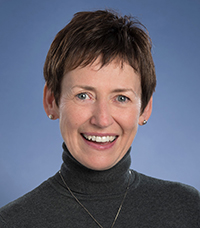 Ms Maureen Daniels BScN RN Ms Maureen Daniels BScN RN(Courtesy of Brain Tumour Alliance Australia BTAA)
RN, Coordinator of The Gerry & Nancy Pencer Brain Tumor Centre, Princess Margaret Cancer Centre, University Health Network Toronto, Canada
Maureen Daniels, a registered nurse, has been Coordinator of The Gerry & Nancy Pencer Brain Tumor Centre at Princess Margaret Cancer Centre for over 20 years. Prior to assuming this role, she spent 15 years working in neurosurgical intensive care unit. She has been a facilitator of support groups for patients living with brain tumors and their families for over 30 years. Throughout her career, Maureen has been extensively involved in patient education and program planning.
She is a member of the board of directors of Brain Tumour Foundation of Canada and currently chairs their Advocacy Committee. In addition, Maureen is honored to be an advisor and active participant with the International Brain Tumour Alliance (IBTA). Both of these organizations provide a patient’s voice and perspective on issues of importance for patients and families affected by a brain tumour.
|
|
AUSTRALIAN SPEAKERS
|
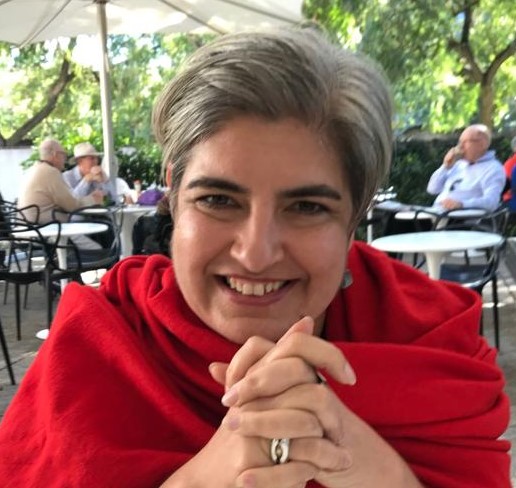 Associate Professor Haryana Dhillon
Dr Haryana Dhillon (BSc MA PhD) is an Associate Professor in Psycho-Oncology at the University of Sydney. She is a Director of the Centre for Medical Psychology & Evidence-based Decision-making, School of Psychology at the University of Sydney where she co-leads the Cancer Survivorship Research Group. Associate Professor Haryana Dhillon
Dr Haryana Dhillon (BSc MA PhD) is an Associate Professor in Psycho-Oncology at the University of Sydney. She is a Director of the Centre for Medical Psychology & Evidence-based Decision-making, School of Psychology at the University of Sydney where she co-leads the Cancer Survivorship Research Group.
Haryana has more than 25 years’ experience in cancer clinical research. She is passionate about rigor in research, collaboration, doing what she can to help humans make it to the 22nd century.
Haryana is Chair of the Scientific Advisory Committee of the Psycho-Oncology Cooperative Research Group, and actively involved in leadership roles with other trials groups to promote the inclusion of patient experience and patient reported outcomes in cancer clinical trials.
Haryana’s research is diverse but focused on helping people cope better and recover from the impact of cancer and its treatments. She leads the Brain Cancer Mission Survivorship funded BRAINS Program.
|
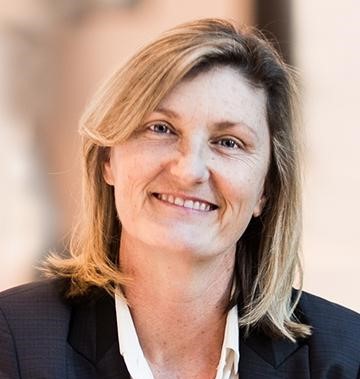 Professor Kate Drummond Professor Kate Drummond
Professor Kate Drummond, AM, MD, FRACS is Director of Neurosurgery at Royal Melbourne Hospital and Head of CNS Tumours at the VCCC Parkville Precinct. Her research and clinical interests are in the biology and management of brain tumours. She has published over 150 peer-reviewed papers and received more than $16.5 million in research funding. She is Co-Editor-in-Chief of the Journal of Clinical Neuroscience, on the Editorial Board of the Journal of Neurosurgery and immediate past Chief Examiner in Neurosurgery for the Royal Australasian College of Surgeons. She is Chair of Pangea Global Health Education, a for-impact organisation specialising in health education in low resource settings. In 2019 she was awarded Member of the Order of Australia (AM) for services to medicine, particularly in neuro-oncology.
|
|
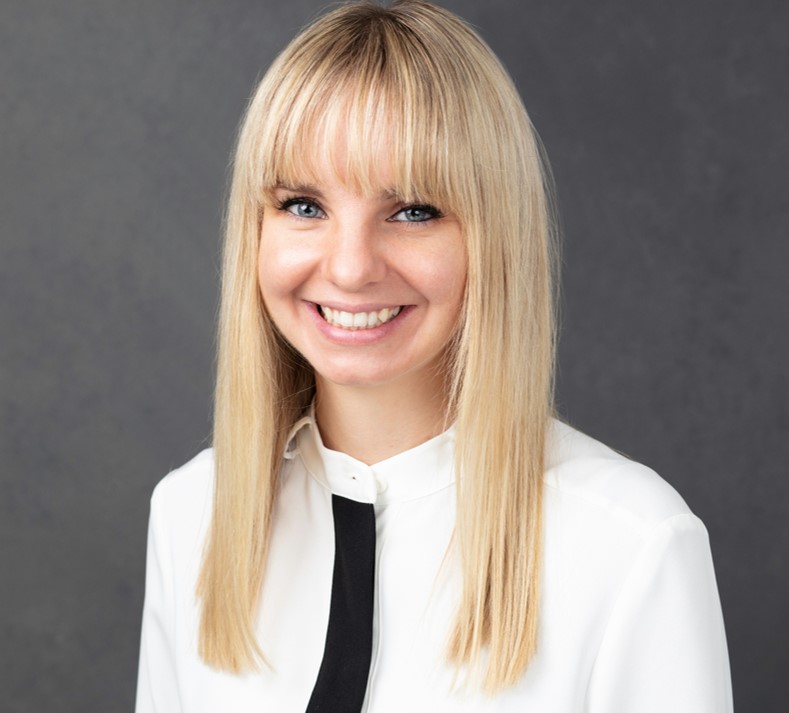 Dr Emily Fletcher
Dr Fletcher, from the Oncogenic Signalling group at Telethon Kids Institute, is an expert in understanding how variations in genes can cause the dysfunction of ion channels - a pathology that underlies many neurological disorders. Ion channels are pores that allow electrically charged ions to pass through cell membranes, generating small electrical currents that are fundamental to spinal cord and brain function. Drugs to treat neurological disorders often target ion channels, but their effectiveness can vary greatly between individuals. Mediated by changes in ion channels, cancerous brain tumours called high-grade gliomas (HGGs), are ‘plastic’ and can dynamically alter their composition in response to conventional drug therapy, developing resistance. Consequently, targeted therapies available for many cancers are ineffective for HGG treatment. With her colleagues, Dr Fletcher has identified that specific ion channels are highly expressed in HGG and may play a vital role in the development, tumorigenicity and plasticity of brain cancers. Dr Emily Fletcher
Dr Fletcher, from the Oncogenic Signalling group at Telethon Kids Institute, is an expert in understanding how variations in genes can cause the dysfunction of ion channels - a pathology that underlies many neurological disorders. Ion channels are pores that allow electrically charged ions to pass through cell membranes, generating small electrical currents that are fundamental to spinal cord and brain function. Drugs to treat neurological disorders often target ion channels, but their effectiveness can vary greatly between individuals. Mediated by changes in ion channels, cancerous brain tumours called high-grade gliomas (HGGs), are ‘plastic’ and can dynamically alter their composition in response to conventional drug therapy, developing resistance. Consequently, targeted therapies available for many cancers are ineffective for HGG treatment. With her colleagues, Dr Fletcher has identified that specific ion channels are highly expressed in HGG and may play a vital role in the development, tumorigenicity and plasticity of brain cancers. |
|
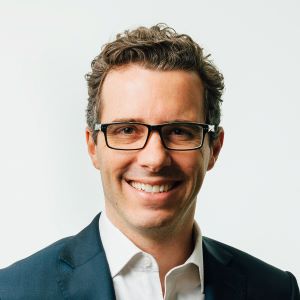 Associate Professor Frank Gaillard Associate Professor Frank Gaillard
Associate Professor Frank Gaillard graduated from the University of Melbourne medical school in 1998. He trained as a radiologist at the Royal Melbourne Hospital, where he eventually returned as a consultant neuroradiologist after completing two years of neuroradiology fellowship training, and living and working in Canada.
In addition to his work as a clinical neuroradiologist in the Radiology Department at Royal Melbourne Hospital, Frank Gaillard has active research interests particularly in imaging of CNS tumours and computer-aided MRI interpretation with over 80 publications in peer-reviewed journals.
He is, however, probably best known as the Founder CEO of Radiopaedia.org, the largest collaborative online radiology resource, which forms one of the cornerstones of medical education throughout much of the world, particularly in developing countries.
In recognition of this work, Frank Gaillard was awarded an Honorary Fellowship of the Royal College of Radiology (UK) the most prestigious award to be available to a non-Fellow of the College awarded to those who have made exceptional contributions to, or promoted the interests of, clinical oncology or clinical radiology, including at an international level.
|
|
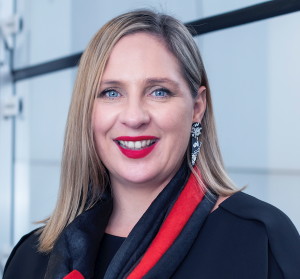 Associate Professor Misty Jenkins
Associate Professor Misty Jenkins BSc (Hons), PhD, MAICD is a NHMRC fellow and laboratory head in the Immunology Division at Walter and Eliza Hall Institute for Medical Research, where she researches cellular immunology and cancer immunotherapy. Misty studied her PhD in Immunology at The University of Melbourne, followed by postdoctoral positions at The Universities of Cambridge and Oxford, and The Peter MacCallum Cancer Centre in Melbourne. Misty has a long-standing interest in CD8+ T cells and her research program researches the use of T cell immunotherapy for brain cancer. A/Prof Jenkins was awarded the L’Oreal for Women in Science Fellowship (2013), was Tall Poppy of the year (2015), was awarded the Westpac/Australian Financial Review Top100 Women of Influence award (2016). In addition to her research career, A/Prof Jenkins is experienced in governance and is a Board Director for Monash Health, Co-Chair of the Indigenous Health Medical Research Future Fund. Associate Professor Misty Jenkins
Associate Professor Misty Jenkins BSc (Hons), PhD, MAICD is a NHMRC fellow and laboratory head in the Immunology Division at Walter and Eliza Hall Institute for Medical Research, where she researches cellular immunology and cancer immunotherapy. Misty studied her PhD in Immunology at The University of Melbourne, followed by postdoctoral positions at The Universities of Cambridge and Oxford, and The Peter MacCallum Cancer Centre in Melbourne. Misty has a long-standing interest in CD8+ T cells and her research program researches the use of T cell immunotherapy for brain cancer. A/Prof Jenkins was awarded the L’Oreal for Women in Science Fellowship (2013), was Tall Poppy of the year (2015), was awarded the Westpac/Australian Financial Review Top100 Women of Influence award (2016). In addition to her research career, A/Prof Jenkins is experienced in governance and is a Board Director for Monash Health, Co-Chair of the Indigenous Health Medical Research Future Fund.
|
|
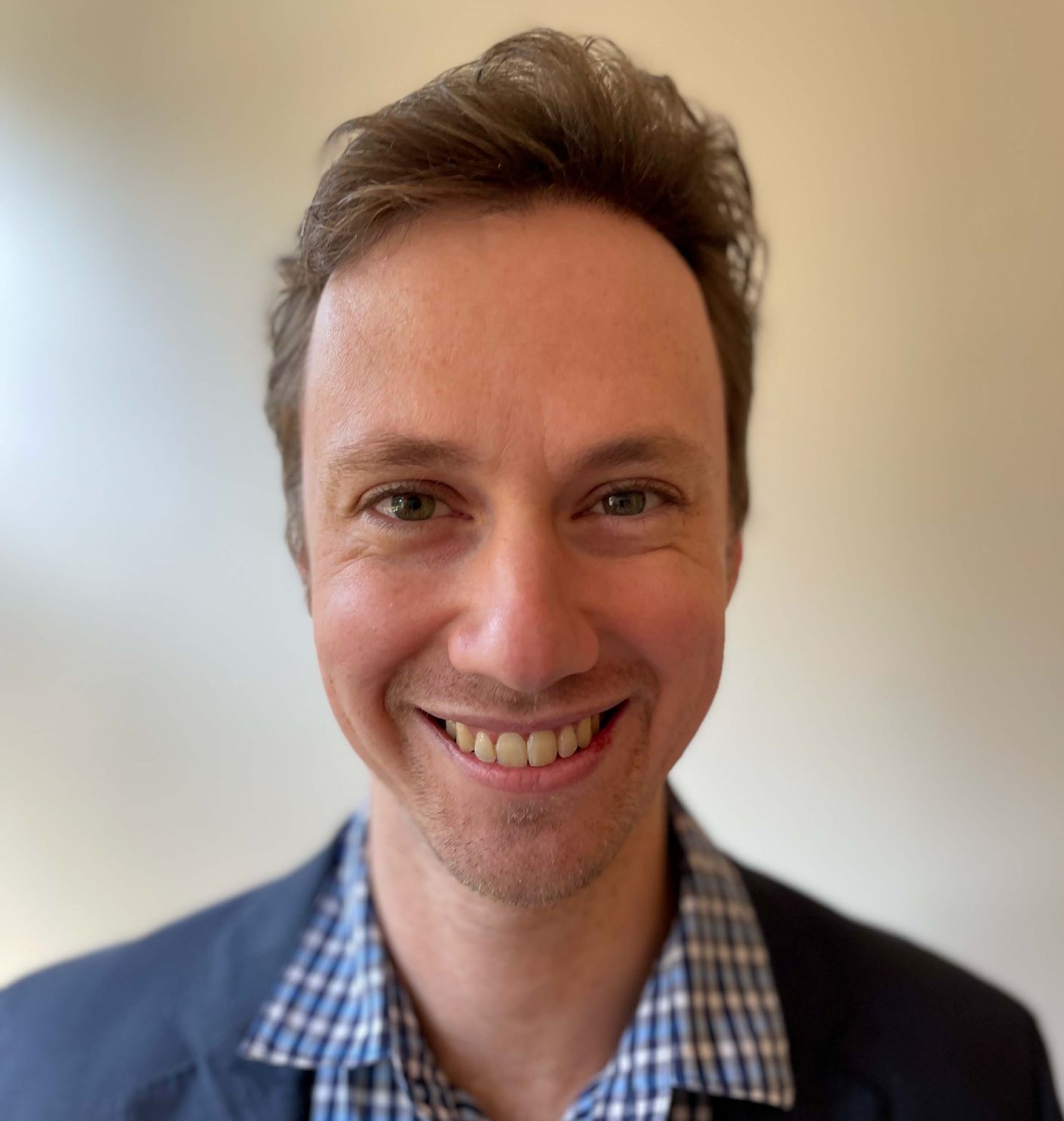 Dr Jordan Jones
Dr Jordan Jones is a SET 4 Neurosurgery Trainee who is currently undertaking a PhD at the University of Melbourne investigating the role of circulating biomarkers (liquid biopsy) in brain tumour patients. This work has been supported by the Surgeon-Scientist Scholarship, awarded through the Royal Australian College of Surgeons, the Melbourne University Research Training Program Scholarship and the Brain Foundation Research Grant. Dr Jordan Jones
Dr Jordan Jones is a SET 4 Neurosurgery Trainee who is currently undertaking a PhD at the University of Melbourne investigating the role of circulating biomarkers (liquid biopsy) in brain tumour patients. This work has been supported by the Surgeon-Scientist Scholarship, awarded through the Royal Australian College of Surgeons, the Melbourne University Research Training Program Scholarship and the Brain Foundation Research Grant.
He has published 2 book chapters and 11 peer-reviewed articles including 2 as a result of work performed through his PhD, as well as delivering several international presentations on circulating biomarkers in brain tumour patients.
|
|
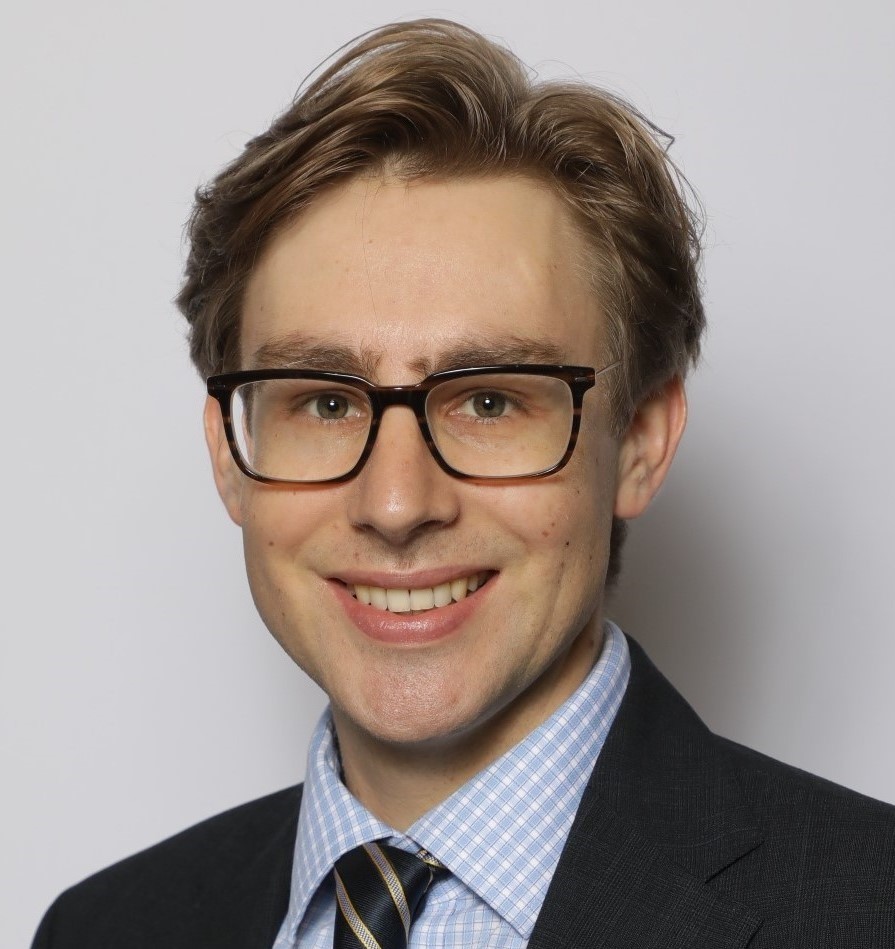 Dr Arian Lasocki
Dr Arian Lasocki is a Consultant Neuroradiologist at the Peter MacCallum Cancer Centre in Melbourne. Arian completed his Radiology training in Melbourne, including an MRI/Neuroradiology Fellowship at The Royal Melbourne Hospital. He has since worked as a Consultant Radiologist at the Peter MacCallum Cancer Centre, where he is Head of Radiology Research, Co-Head of MRI, and Lead Radiologist for the Brain & Tumour Stream. Arian is also Deputy Chair of the RANZCR Clinical Radiology Research Committee, and representative to the RANZCR Radiation Oncology Research Committee. Dr Arian Lasocki
Dr Arian Lasocki is a Consultant Neuroradiologist at the Peter MacCallum Cancer Centre in Melbourne. Arian completed his Radiology training in Melbourne, including an MRI/Neuroradiology Fellowship at The Royal Melbourne Hospital. He has since worked as a Consultant Radiologist at the Peter MacCallum Cancer Centre, where he is Head of Radiology Research, Co-Head of MRI, and Lead Radiologist for the Brain & Tumour Stream. Arian is also Deputy Chair of the RANZCR Clinical Radiology Research Committee, and representative to the RANZCR Radiation Oncology Research Committee.
Arian has broad research interests in Neuro-Oncology Imaging, with a particular focus on intracranial gliomas, as well as intracranial metastatic disease and the intracranial complications of radiotherapy, immunotherapy and CAR-T cell therapy. Arian completed his doctorate entitled “The preoperative MRI assessment of adult intracranial diffuse gliomas” through The University of Melbourne in 2018.
|
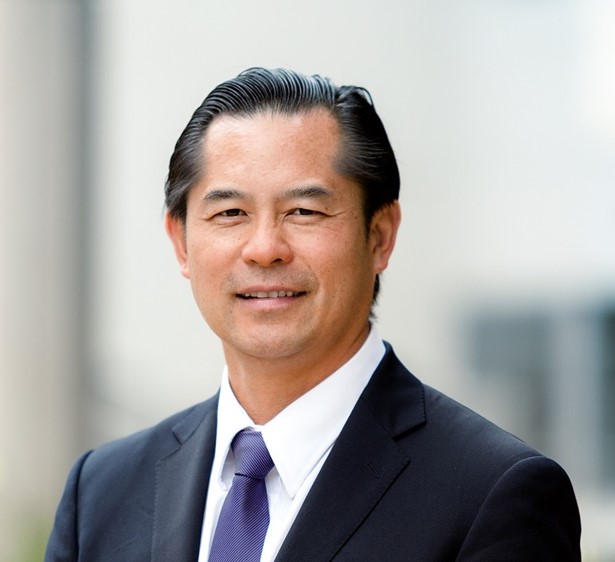 Professor Meng Law
Professor Meng Law undertook his undergraduate and specialty training in Australia but has been working in the USA for almost 20 years. He comes to us most recently from the USC Keck Medical Centre in Los Angeles, where he has been since 2009. He is the Director of Neuroradiology, Neuroradiology Fellowship Program Director, Director of NIA USC Alzheimer Disease Research Center, Neuroimaging Core and Medical Director of the Stevens Institute of Neuroimaging and Informatics, Professor of Radiology, Neurology & Neurological Surgery USC Keck School of Medicine as well as Professor of Biomedical Engineering USC Viterbi School of Engineering. Professor Meng Law
Professor Meng Law undertook his undergraduate and specialty training in Australia but has been working in the USA for almost 20 years. He comes to us most recently from the USC Keck Medical Centre in Los Angeles, where he has been since 2009. He is the Director of Neuroradiology, Neuroradiology Fellowship Program Director, Director of NIA USC Alzheimer Disease Research Center, Neuroimaging Core and Medical Director of the Stevens Institute of Neuroimaging and Informatics, Professor of Radiology, Neurology & Neurological Surgery USC Keck School of Medicine as well as Professor of Biomedical Engineering USC Viterbi School of Engineering.
Prior to California, Meng held Associate Professorial roles at Mt Sinai School of Medicine, the New York University School of Medicine in New York and undertook a Neuroradiology fellowship at the New York University Medical Centre.
Over the years, Meng has also been involved with many US and international professional organisations, including President of the American Society of Spine Radiology and President of American Society of Functional Neuroradiology. He has also been on a number of editorial boards. Meng’s major areas of research interest include the ageing brain and Alzheimer’s Disease, big data science and machine learning, advanced neuro MR imaging techniques, molecular imaging, traumatic brain injury and neuro- and spine imaging. He has also had significant competitive NIH extramural grant success and has a large number of peer reviewed and invited papers, book chapters and textbooks. Being an avid teacher, clinician and investigator, he has given over 800 lectures worldwide, been awarded the Outstanding Teacher Award at the International Society of Magnetic Resonance in Medicine (ISMRM), the Award for Excellence by the Society of Neuro-oncology (SNO) and notably the Distinguished Investigator Award from the Academy of Radiology and Biomedical Imaging Research.
|
|
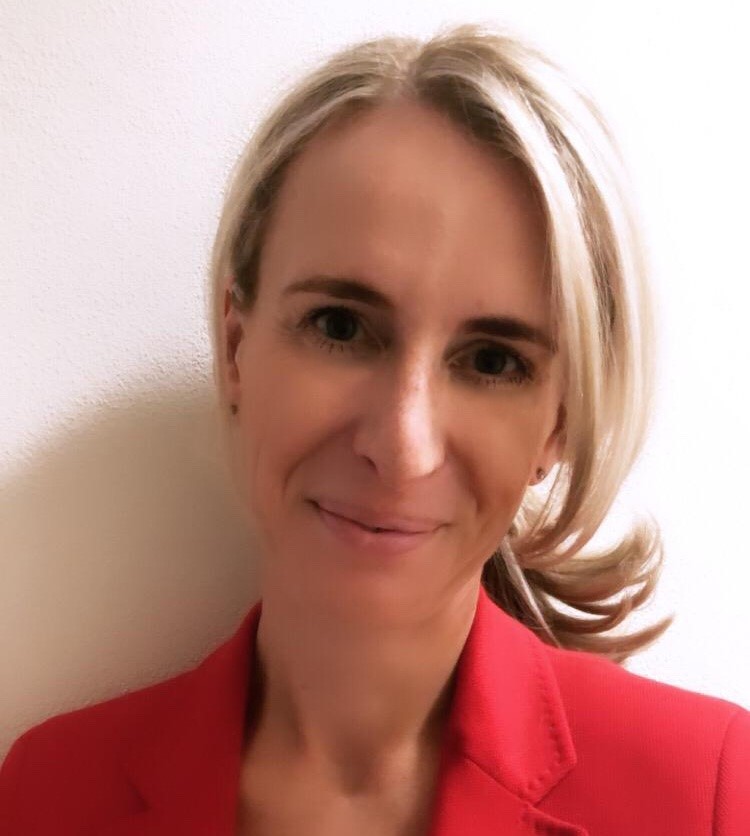 Associate Professor Lenka Munoz
Associate Professor Lenka Munoz received her PharmD from Comenius University, Slovakia and PhD in Medicinal Chemistry from the University of Bonn, Germany. Her post-doctoral training in molecular pharmacology was at the Northwestern University, Chicago, USA. Following a career disruption, she initiated her academic research career at The University of Sydney, Australia in 2011. A/Prof Munoz is Head of the Cell Signalling Laboratory at the Charles Perkins Centre (University of Sydney) and her research focuses on glioblastoma, a fatal brain tumour. She uses molecular pharmacology and medicinal chemistry approaches, high-throughput omics, and hypothesis-driven strategies to interrogate glioblastoma biology, to validate new drug targets and to develop drugs acting on these targets. She has attracted more than $10 million in competitive funding (including 4 NHMRC grants), has a substantial intellectual property and out-licencing portfolio around neuro-oncology therapeutics that she has developed. Associate Professor Lenka Munoz
Associate Professor Lenka Munoz received her PharmD from Comenius University, Slovakia and PhD in Medicinal Chemistry from the University of Bonn, Germany. Her post-doctoral training in molecular pharmacology was at the Northwestern University, Chicago, USA. Following a career disruption, she initiated her academic research career at The University of Sydney, Australia in 2011. A/Prof Munoz is Head of the Cell Signalling Laboratory at the Charles Perkins Centre (University of Sydney) and her research focuses on glioblastoma, a fatal brain tumour. She uses molecular pharmacology and medicinal chemistry approaches, high-throughput omics, and hypothesis-driven strategies to interrogate glioblastoma biology, to validate new drug targets and to develop drugs acting on these targets. She has attracted more than $10 million in competitive funding (including 4 NHMRC grants), has a substantial intellectual property and out-licencing portfolio around neuro-oncology therapeutics that she has developed. |
|
|
|
|
|
|